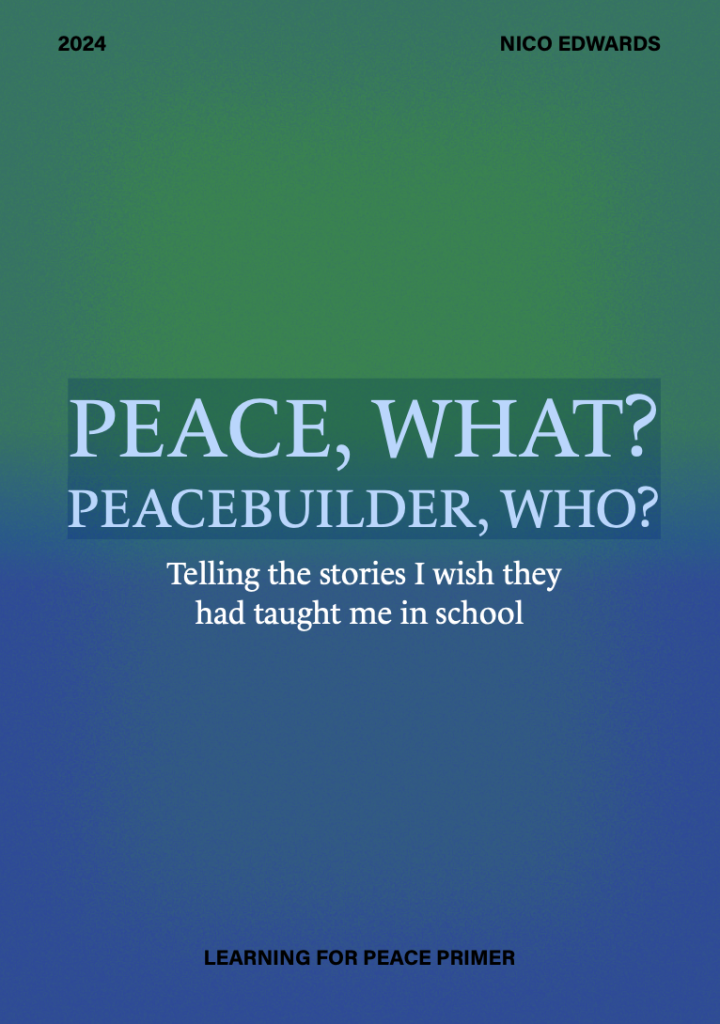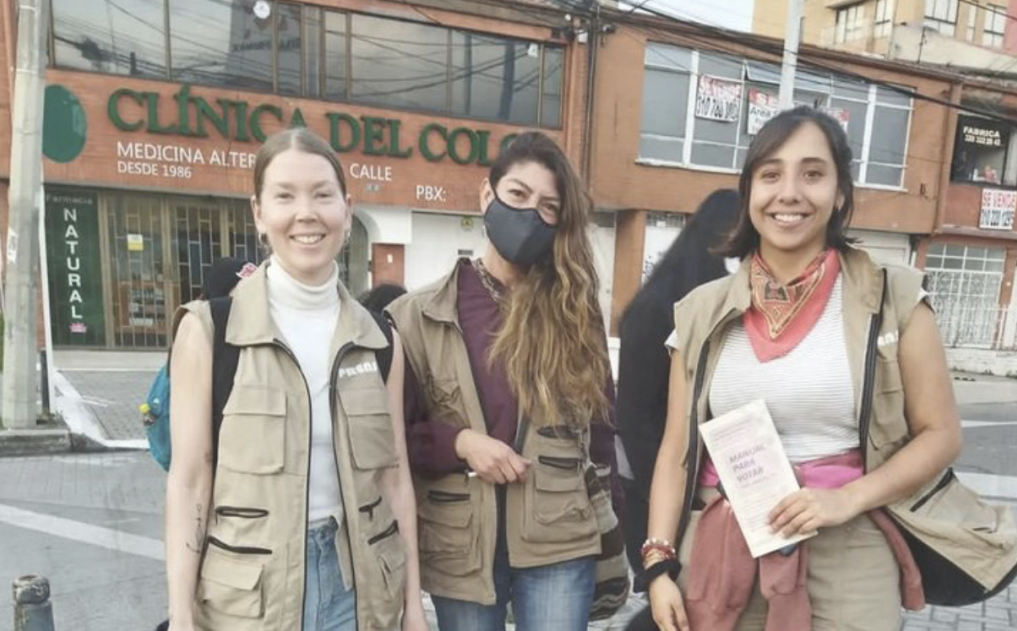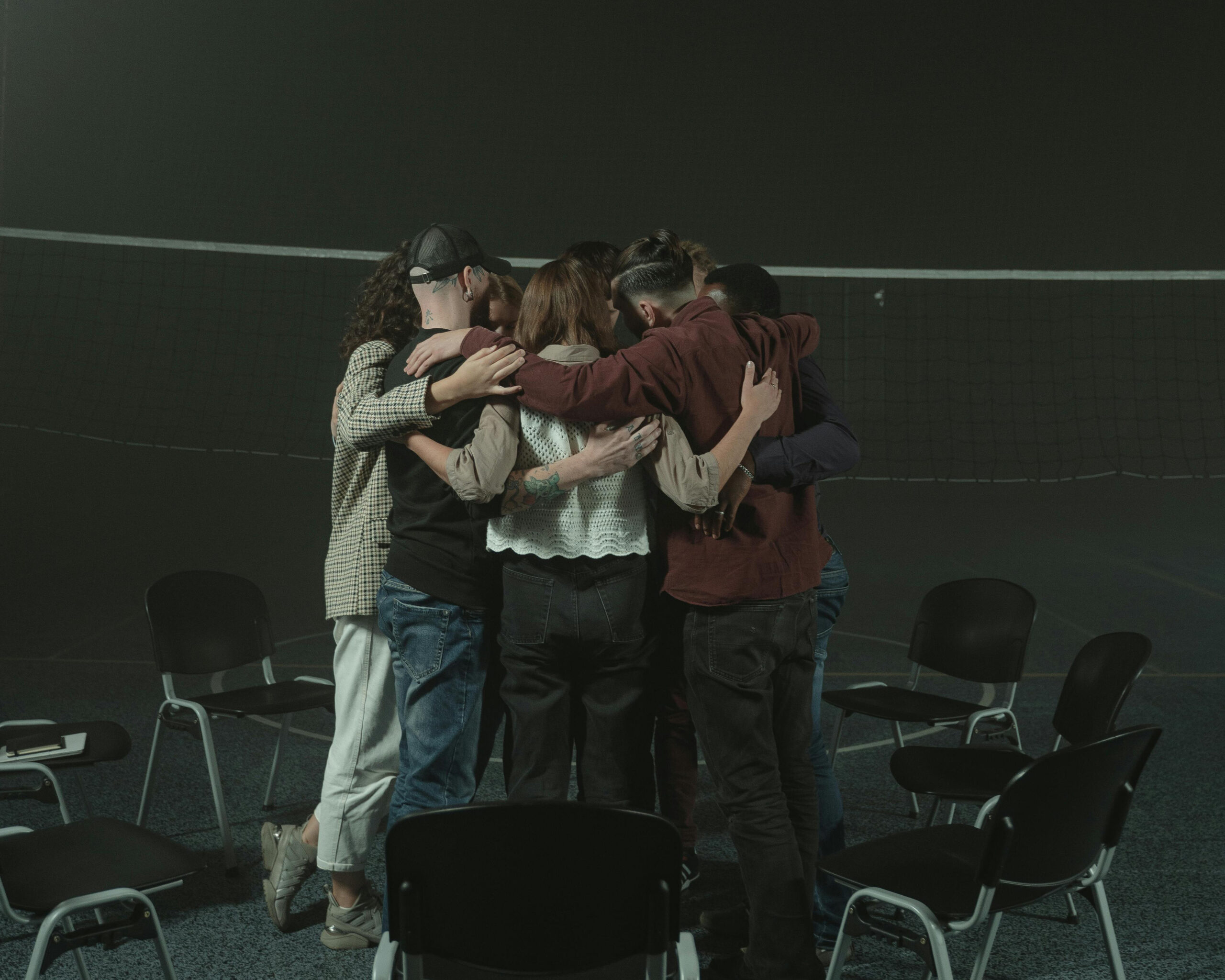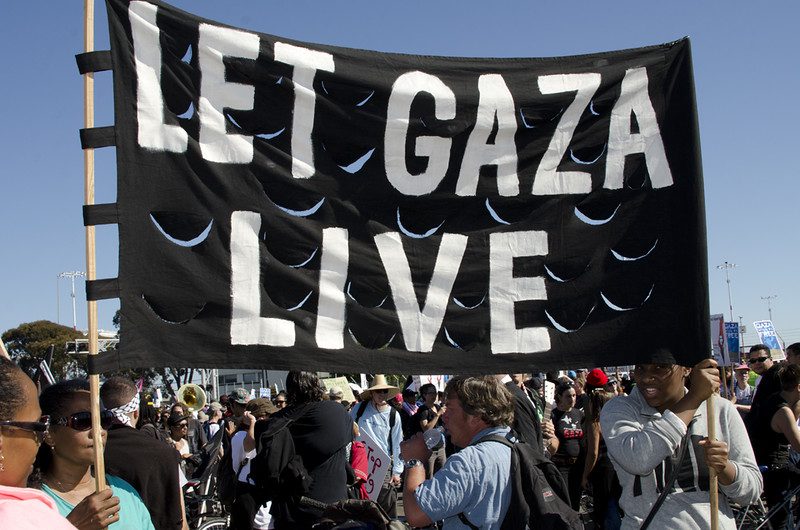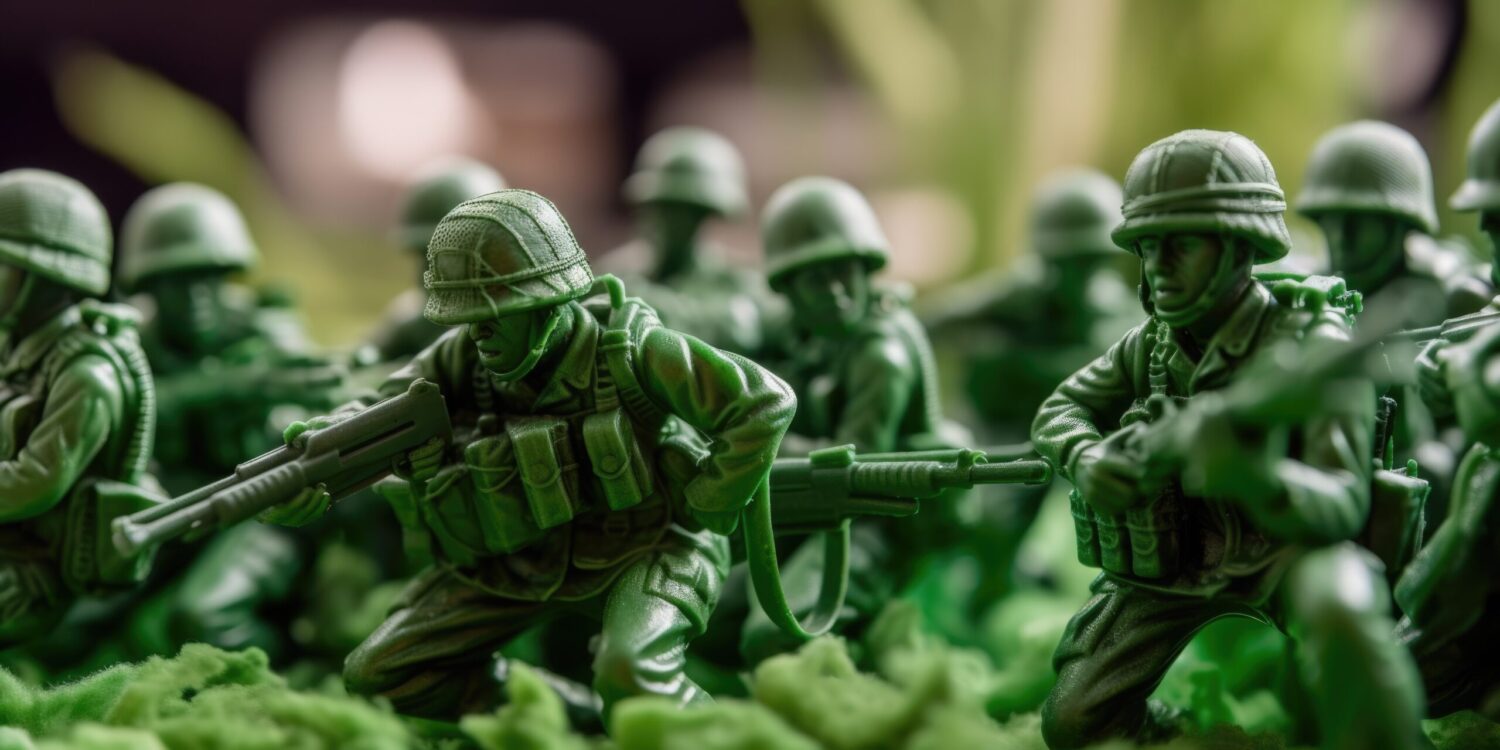In school they taught me about war. About armed conflicts, structural violence and weapons of mass destruction. Peace, on the other hand, was simply something existing between wars, a taken-for-granted condition occurring in the absence of direct, large-scale armed or interstate violence. Omitted from my Swedish schoolbooks and classroom discussions were the resistance and alternative visions that have always come hand in hand with warfare and militarisation. That is, the peace work, in its broadest and deepest sense.
Thinking, doing, being peace means so many things – yet so little of it receives due attention throughout our schooling and in public debate. The absence of a nuanced approach to learning about peace is not unique to Sweden, but rather tells of an experience shared by plenty of my peers around the world, from the Czech Republic to the UK, to Italy, Spain and France, to the US to Colombia to Malaysia.
With my 15 year old sister in mind, this primer is a response to that lack of nuanced perspectives on what it means to think, do and believe in peace. It tells some of the stories about the myriad ways of doing peace that I wish I had been taught already in high school (or way before). As such, the primer doubles as a call for more efforts to teach and learn peace, and as inspiration for a peace education resource in itself, suggesting examples of what such an education can teach. What do we mean by peace? What can doing peace involve?
In 2024, we find ourselves yet again in a social-political climate with little to no room in public debate for challenging the 21st century horns of war – those sounding across the globe, beating the drums of geopolitical competition, brinkmanship and arms racing, of apocalypse-politics set for inevitable, impending global disaster. Now more than ever we need to strengthen, guide and promote public education efforts teaching peace – especially among youths, in and out of school.
